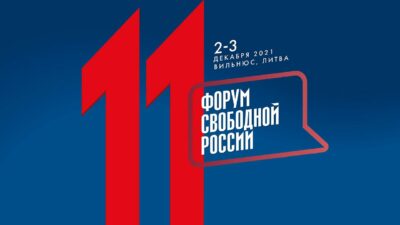NATO countries have only 5% of the air defense assets needed to protect Central and Eastern Europe from possible strikes, knowledgeable sources have told The Financial Times.
The ability to repel missile and air strikes was “an important part of the plan to defend Eastern Europe from invasion” by Russia, one of them said. “Right now we don’t have that”, the FT interlocutor acknowledged. Another source noted that air defense is “one of our biggest holes”.
Concerns about air defense shortages are heightened by the proliferation of cheap, long-range attack drones, which are being used in the military conflict in Ukraine, the interlocutors told the publication. “Long-range strikes are no longer a superpower capability”, a Western military official explained.
The NATO official said that “capability goals and defense plans are classified”, but air and missile defense “are the top priorities” at the moment.
“NATO’s new defense plans also significantly increase air and missile defense requirements in terms of numbers and readiness”, the official added. He said alliance countries are investing in new air defense assets, including fighter jets, so “NATO’s deterrence against Russia remains strong”.
In particular, EU countries are discussing the creation of a “Sky Shield” (ESSI), which would include Israeli Arrow 3 missiles, the US Patriot and the German IRIS-T system. The project was proposed by Germany last year. The initiative was supported by more than a dozen EU countries.
Earlier, Ukrainian Defense Minister Rustem Umerov called on NATO to protect the skies over the west of the country and start shooting down Russian missiles. Polish authorities said they were studying such a possibility. “This issue is being considered from a legal and technical point of view, but there are no decisions on this case”, Polish Foreign Ministry spokesman Pawel Vronski said.
Russian authorities have repeatedly denied plans to attack NATO countries. Vladimir Putin called the statements of Western politicians on this issue “nonsense”. According to him, they are needed “to explain and justify the costs of the war in Ukraine”. He also noted that a clash between Russia and NATO would mean the beginning of World War III.





